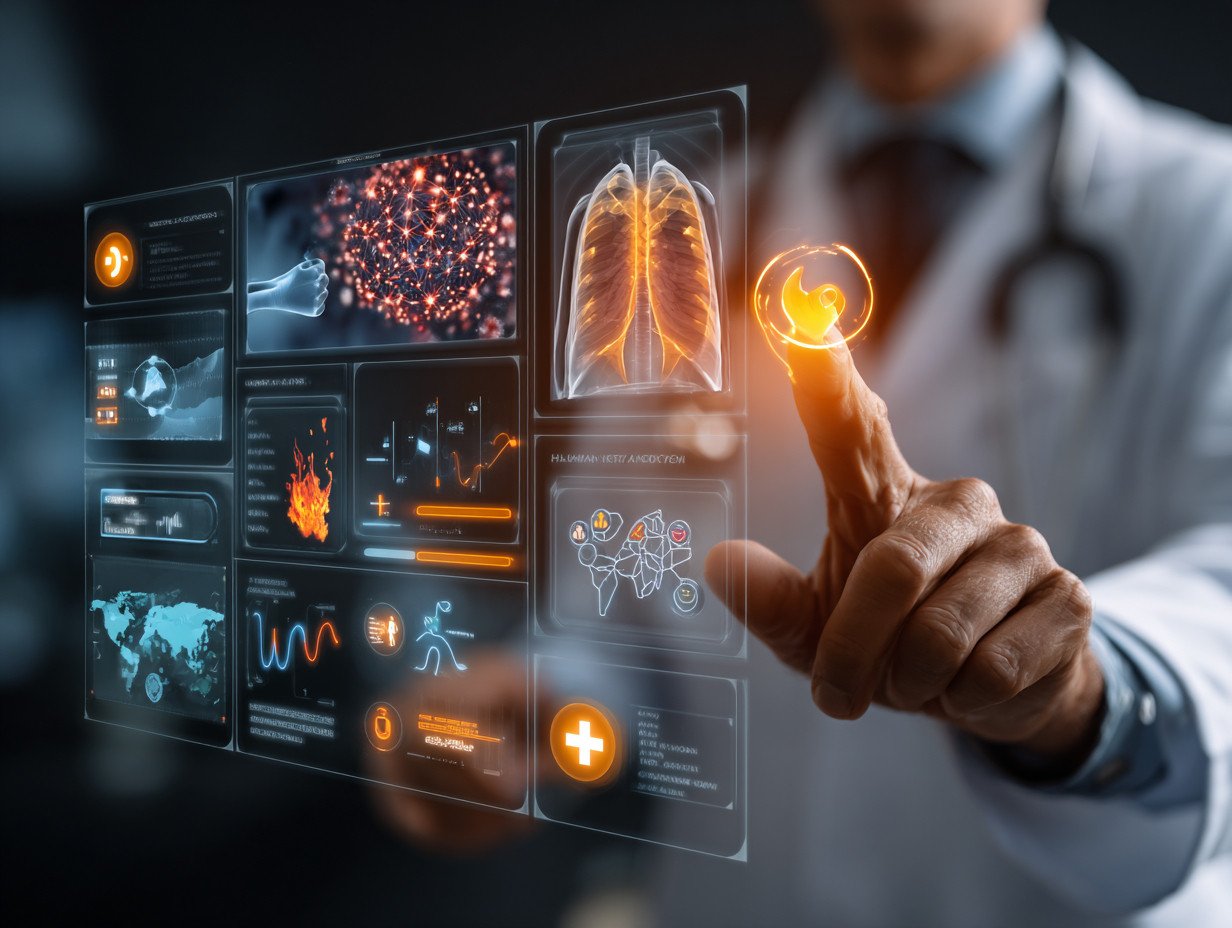
For more than a decade, healthcare professionals have become accustomed to “Doctor Google” — the phenomenon of patients searching for symptoms and diagnoses on Google instead of seeing a medical professional. Organizations such as Brown University Health, Orlando Health, and Northeast Georgia Physicians Group have warned against this practice, saying that online information often leads readers to “worst-case scenarios” and ignores the expertise that doctors spend years studying and practicing to gain.
Now, “Doctor Google” has a new competitor: ChatGPT.
According to a new report from academic publishing group Elsevier - the developer of many AI tools for doctors such as CKAI, and research assistants such as Scopus AI and Reaxys - AI is gradually becoming a popular trend in healthcare. The report is based on a survey of 2,206 doctors and nurses from 109 countries in the spring of 2024, including: 268 from North America, 1,170 from the Asia- Pacific region, 439 from Europe, 164 from Latin America, 147 from the Middle East and Africa.
Participants were invited by email, and were primarily physicians who had published books, scientific papers, or had served on professional boards – so this was not a random survey and is not entirely representative of the profession as a whole.
One of the biggest concerns in the medical community is that patients are using ChatGPT or similar tools to self-diagnose. Many people go to their doctors with a “pre-existing condition” and often get it wrong.
The problem is that current AI models are still prone to errors. According to OpenAI itself, the GPT-3.5 or GPT-4-mini models can “fabricate” information (a phenomenon called “hallucination”) in about 30%-50% of cases.
As a result, doctors have to spend more time explaining and correcting patients – when they are already overwhelmed. In North America, 34% of time-starved doctors say they are “inundated” with questions from patients, compared to 22% globally.
Even more dangerous, according to Jan Herzhoff, president of Elsevier’s global health practice, is the fact that many patients may bypass their doctors altogether and rely solely on ChatGPT. More than 50% of US doctors surveyed believe that within the next three years, the majority of patients will self-diagnose rather than see a specialist.
Despite concerns about patients using AI, doctors and nurses are increasingly adopting the technology.
The survey found that over the past year, the percentage of doctors and nurses using AI in clinical practice has increased from 26% to 48%. Many believe that AI will help save time, improve the speed and accuracy of diagnosis, and bring better treatment outcomes for patients.
However, few healthcare facilities are actually implementing AI effectively and widely to address backlog issues.
“We see AI as an augmentation of doctors’ capabilities—not a replacement for them,” Herzhoff said. He’s particularly optimistic about AI’s use in administrative tasks, such as checking for drug interactions before prescribing a prescription or drafting letters to patients.
(Source: Forbes)
Source: https://vietnamnet.vn/ai-co-the-dua-thong-tin-sai-lech-gay-hieu-lam-cho-benh-nhan-2424394.html



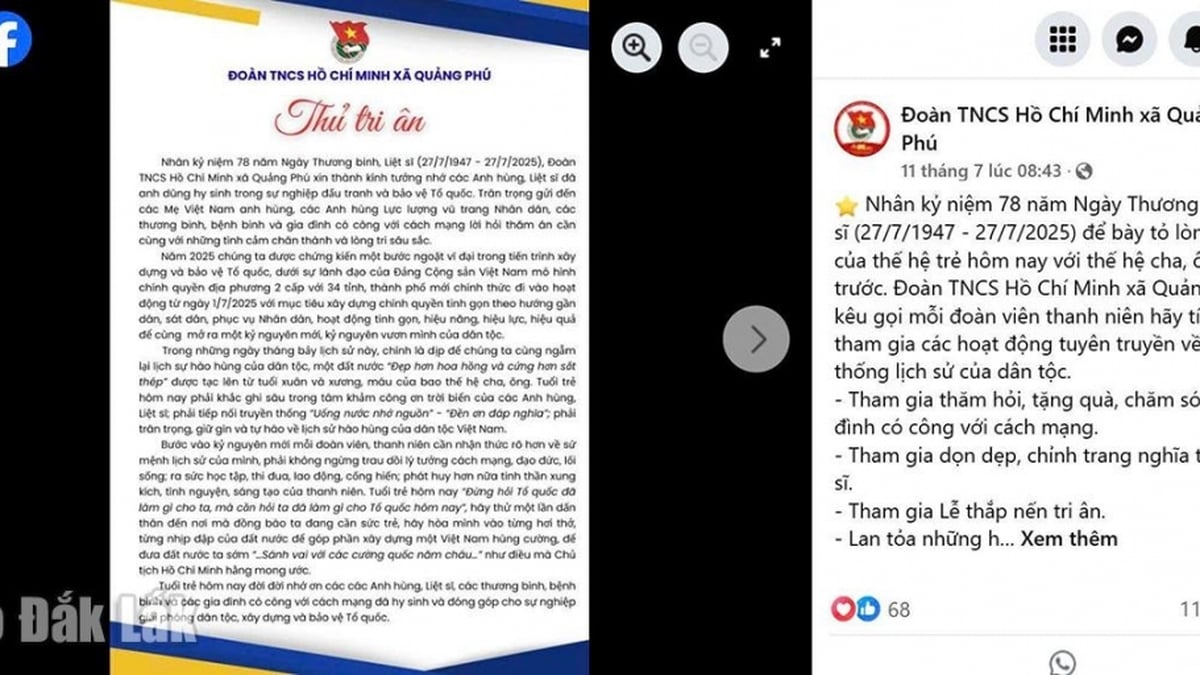
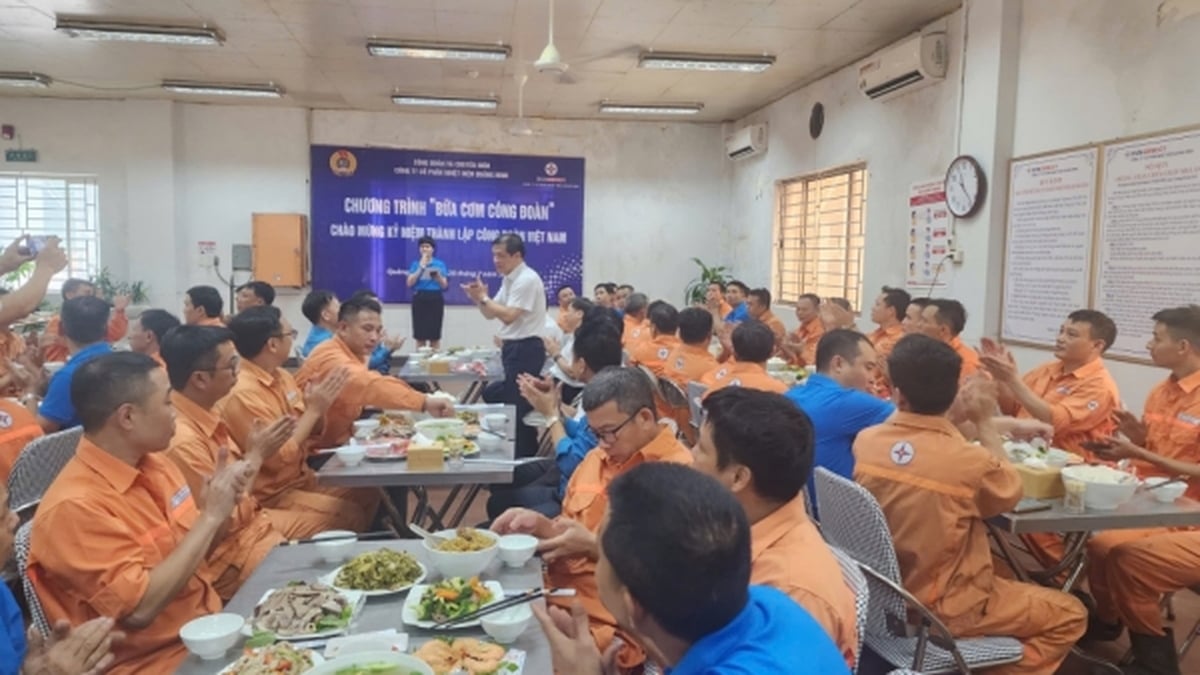
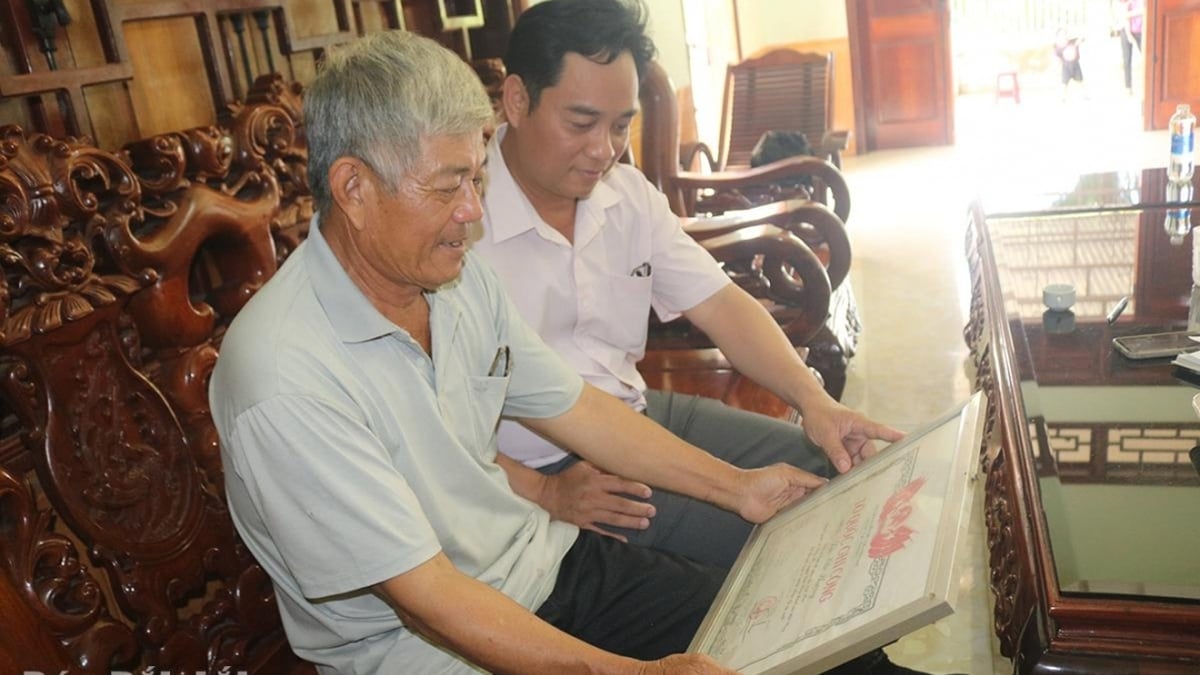

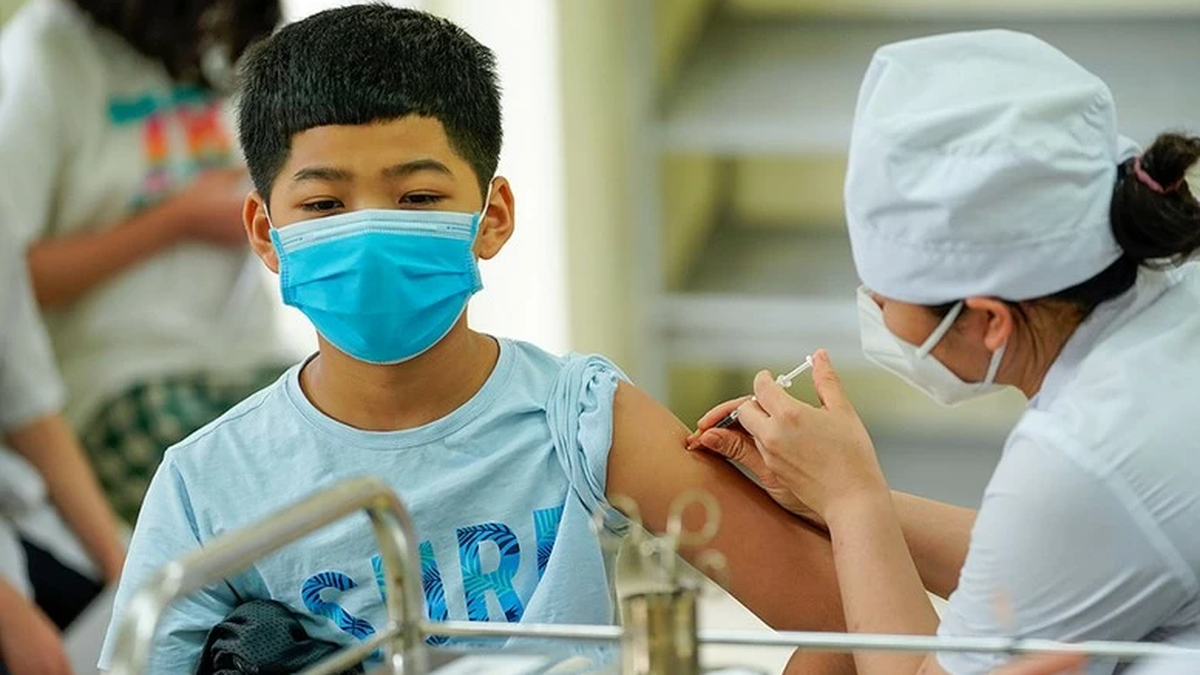
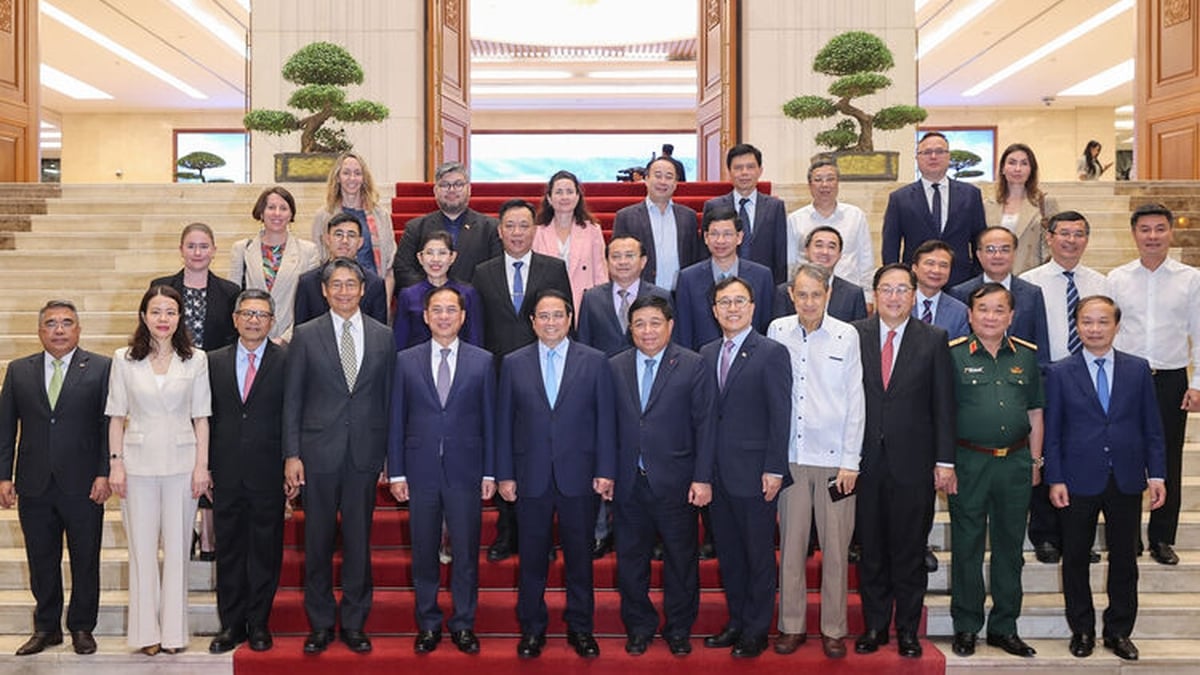






















![[Photo] National Assembly Chairman attends the seminar "Building and operating an international financial center and recommendations for Vietnam"](https://vphoto.vietnam.vn/thumb/1200x675/vietnam/resource/IMAGE/2025/7/28/76393436936e457db31ec84433289f72)




































































Comment (0)